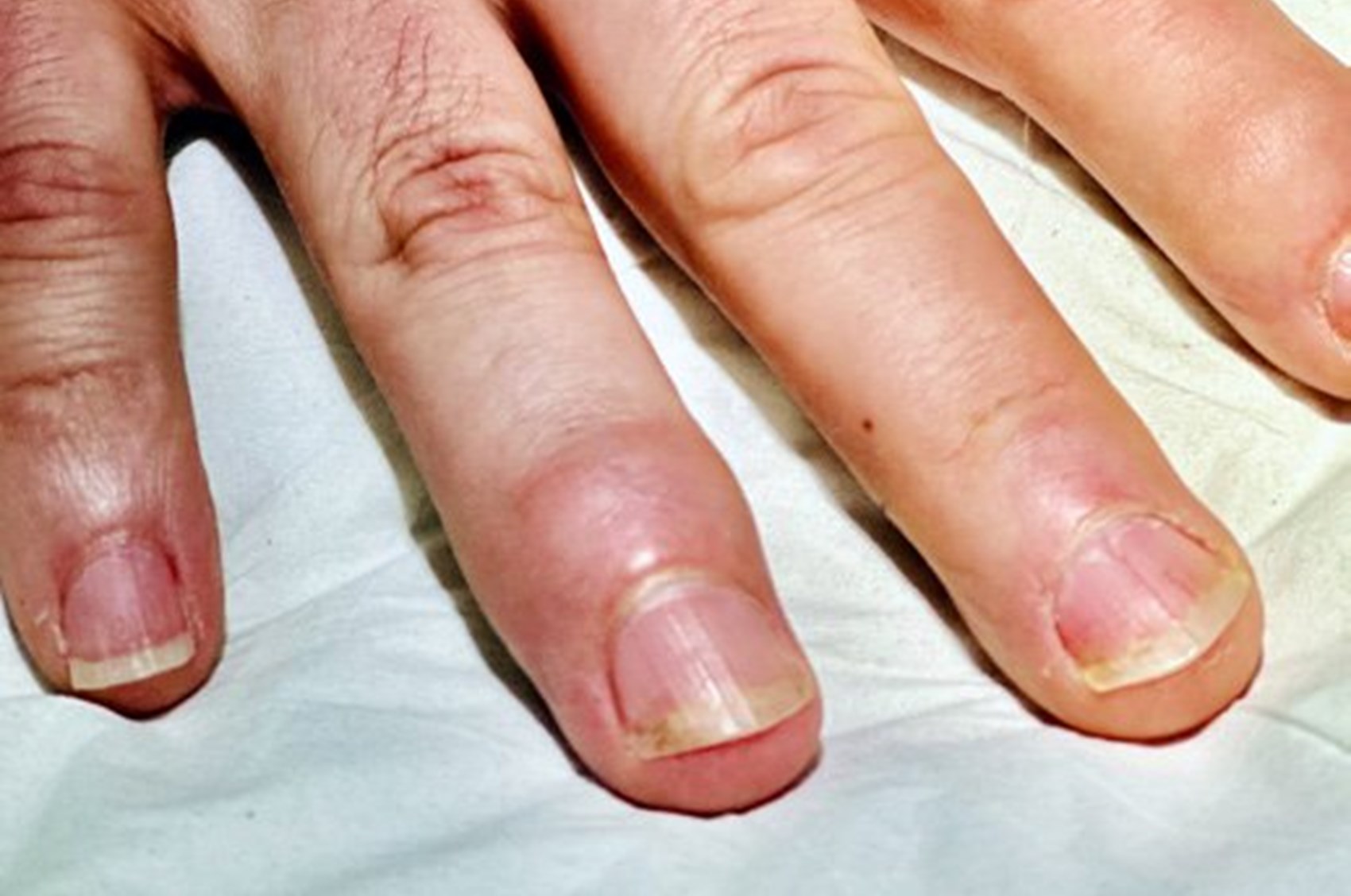Be part of the solution and make a difference

Recent research from the UK has highlighted a concerning issue for people living with psoriatic arthritis (PsA). Compared to those with rheumatoid arthritis (RA), patients with PsA tend to experience longer waits before receiving a diagnosis and are less likely to get strong treatment early on. This delay can lead to worse joint damage and a lower quality of life over time.
The study found that on average, people with PsA waited about 112 days from their first visit to a general practitioner to receiving a diagnosis. In contrast, those with RA were diagnosed more quickly, typically within 89 days. This difference is significant because early diagnosis is crucial to managing symptoms and preventing joint damage.
Moreover, the research showed that only about half of PsA patients received disease-modifying antirheumatic drugs (DMARDs) at the time of diagnosis, whereas a larger proportion of RA patients were started on these treatments promptly. As a result, patients with PsA showed less improvement in their symptoms after three months compared to those with RA.
Why does this happen? Psoriatic arthritis can be difficult to recognise early because its symptoms vary widely. Joint pain, swelling, nail changes, and fatigue may be mistaken for other conditions or overlooked altogether. Additionally, there is a lack of awareness among both patients and some healthcare professionals about the early signs of PsA. This can lead to delays in seeking help and in referrals to specialists. Access to diagnostic tests such as ultrasound or MRI, which are important for confirming PsA, can also be slower compared to RA.
The consequences of these delays are serious. Without early and effective treatment, PsA can cause permanent joint damage, leading to disability and a reduced quality of life. Experts emphasize the importance of educating both patients and healthcare providers about the symptoms of PsA, improving referral pathways to specialists, and starting intensive treatment as soon as possible.
In summary, addressing the delays in diagnosis and treatment for psoriatic arthritis is vital. By improving awareness and ensuring timely access to care, the UK healthcare system can help protect patients from long-term harm and improve their overall outcomes.
Source:
Tillett, W. et al. (2025). Annals of the Rheumatic Diseases.
